Description
Improved fuel reliability means reduced fuel failures in reactor operation. Fuel failures, with their consequent adverse impact on the environment and requirements for additional waste management, result in costs for remediation, 'failed core' operation and maintenance. Therefore, poor performance of fuel can lead to uncompetitive operational conditions for a nuclear power plant. A revision of the earlier edition, this publication has been significantly extended to support nuclear fuel designers, manufacturers, reactor operators, and fuel engineers and managers on fuel design and design changes, fuel manufacturing, qualification, in-reactor operation, and on-site services to achieve excellence in fuel reliability and performance and safe operation of nuclear fuel under all applicable plant states.
More Information on reusing IAEA copyright material.
Keywords
IAEA Nuclear Energy, Quality and Reliability Aspects, Nuclear Power Reactor Fuel Engineering, Guidance and Best Practices, Nuclear Fuel Reliability and Performance, Water Cooled Reactors, Nuclear Fuel Elements, Nuclear Fuel Rods, Quality Control, Reduced Fuel Failures, Reactor Operation, Impact on the Environment, Additional Waste Management, Costs for Remediation, Maintenance, Uncompetitive Operational Conditions, Nuclear Fuel Designers, Reactor Operators, Fuel Engineers, Description of the Nuclear Fuels, Guidance Statements, Fuel Assembly Structures, Materials, Accident Tolerant and Advanced Technology Fuels, ATFs, In Reactor Fuel Degradation, Failure Mechanisms, Fuel Performance Issues, Mitigation Actions, On-Site Fuel Inspection, Failed Fuel Detection, Repair, Service Techniques, Fuel Design Change, Methodology, Margin Quantification and Management, Fuel Thermohydraulic Design, Neutronic Design, Safety Limits, Accident Conditions, Verification, Quality Management, Fuel Manufacturing Activities, Software Quality Assurance, All Applicable Plant States, Good Practices
Related publications

2024

2024
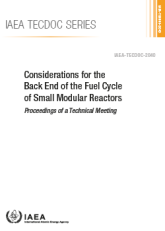
2023

2023

2023

2023
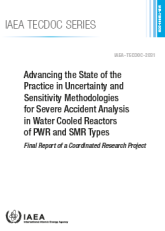
2023

2023

2023

2023

2022
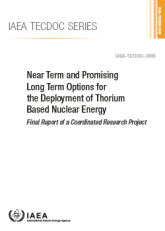
2022
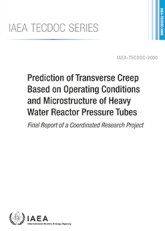
2022

2022

2021

2021
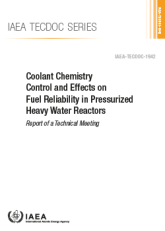
2021

2021





















